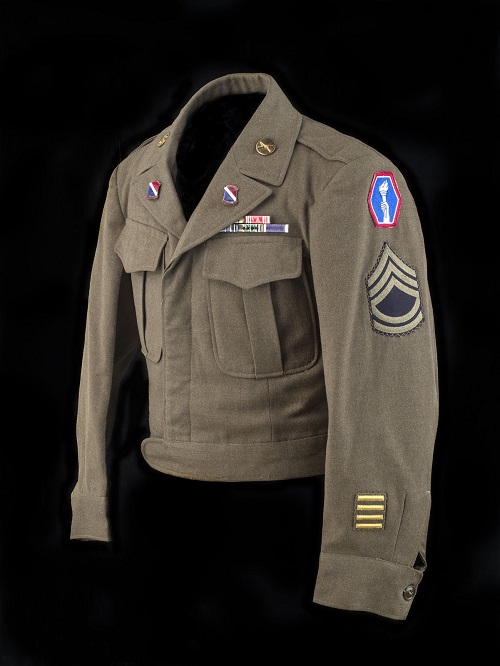Free Virtual Valley Talks Continue with Presentation by Smithsonian Museum Specialist on Japanese Internment

WOONSOCKET, R.I. – Valley Talks, a series of biweekly historical lectures by the Museum of Work & Culture, continues Sunday, January 23 at 1pm on Zoom.
In this presentation, Smithsonian Museum Specialist Noriko Sanefuji highlights the work being done to tell the story of Japanese American incarceration through artifacts. A co-curator of the original Smithsonian exhibit “Righting a Wrong: Japanese Americans and World War II” (upon which the Museum of Work & Culture’s current temporary exhibition is based), Sanefuji’s presentation will reflect on how artifacts and objects are important in analyzing and synthesizing this history.
Individuals can register for the talk by visiting: https://bit.ly/3yrn7t7
Noriko Sanefuji is a Museum Specialist at the Smithsonian’s National Museum of American History (NMAH) in Washington, D.C. Her areas of focus are Japanese American and Asian Pacific American history and culture. Over the past fifteen years, Sanefuji has worked on the preservation of Asian Pacific American history and culture, organizing public programs and the collection of artifacts.
She is the co-curator of “Righting a Wrong: the Japanese American Experience in World War II” (2017) and its traveling SITES exhibition (2019). Sanefuji has worked as a curator, researcher, educator, program producer, and docent coordinator. She has been producing the NMAH’s Day of Remembrance program for over ten years.
This virtual Valley Talk is sponsored by the New England Japanese American Citizens League.
Other Valley Talks will include:
February 6: Retired National Park Ranger Chuck Arning and member of the Nipmuc community Bruce Curliss discuss the complexities of language in describing the Blackstone Valley’s indigenous lifeways, contrasting ways in which native communities and English settlers used and viewed the landscape.
February 20: In anticipation of the Museum of Work & Culture’s 25th anniversary exhibition “Hollywood Comes to Woonsocket,” researcher Kathryn Sos-Hayda and Woonsocket Historical Society President Irene Blais share their research on the city’s heyday as a performing arts destination and home of artistic talent.
March 6: Scholar Patrick Lacroix discusses the history of pre-1860s Quebecois immigration to the United States, revealing the complex tapestry of kinship and infrastructure that led to large-scale French-Canadian mobility before the U.S. Civil War.
About the Rhode Island Historical Society
The Rhode Island Historical Society, the state’s oldest and only state-wide historical organization, is dedicated to honoring, interpreting, and sharing Rhode Island’s past to enrich the present and inspire the future. Founded in 1822, the RIHS is an advocate for history as a means to develop empathy and 21st-century skills, using its historical materials and knowledge to explore topics of timeless relevance and public interest. As a Smithsonian Affiliate, it is dedicated to providing high-quality, accessible public programming and educational opportunities for all Rhode Islanders through its four sites: the John Brown House Museum, the Museum of Work & Culture, the Mary Elizabeth Robinson Research Center, and the Aldrich House.
The headquarters of the Rhode Island Historical Society are located at 110 Benevolent Street, Providence, RI 02906. Information: (401) 331-8575.
Website: rihs.org
Follow the RIHS on Facebook, Twitter, Instagram, and YouTube.
